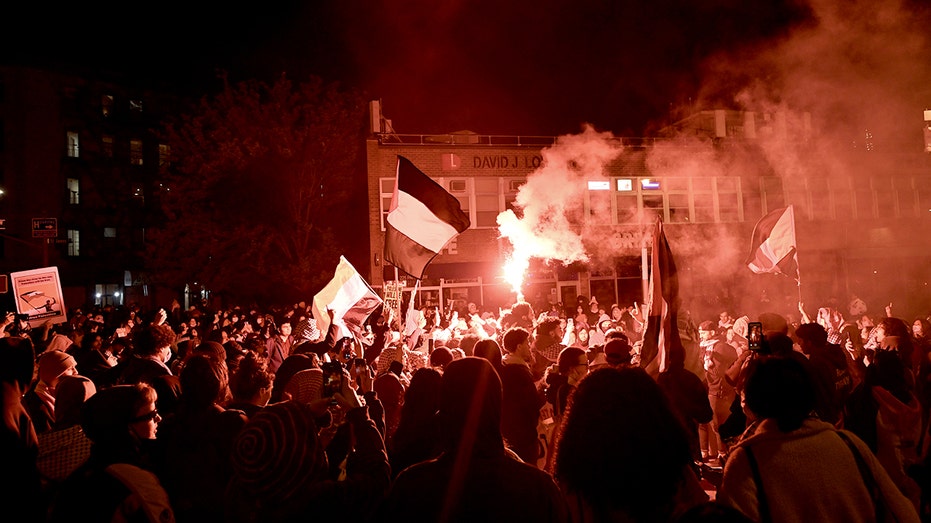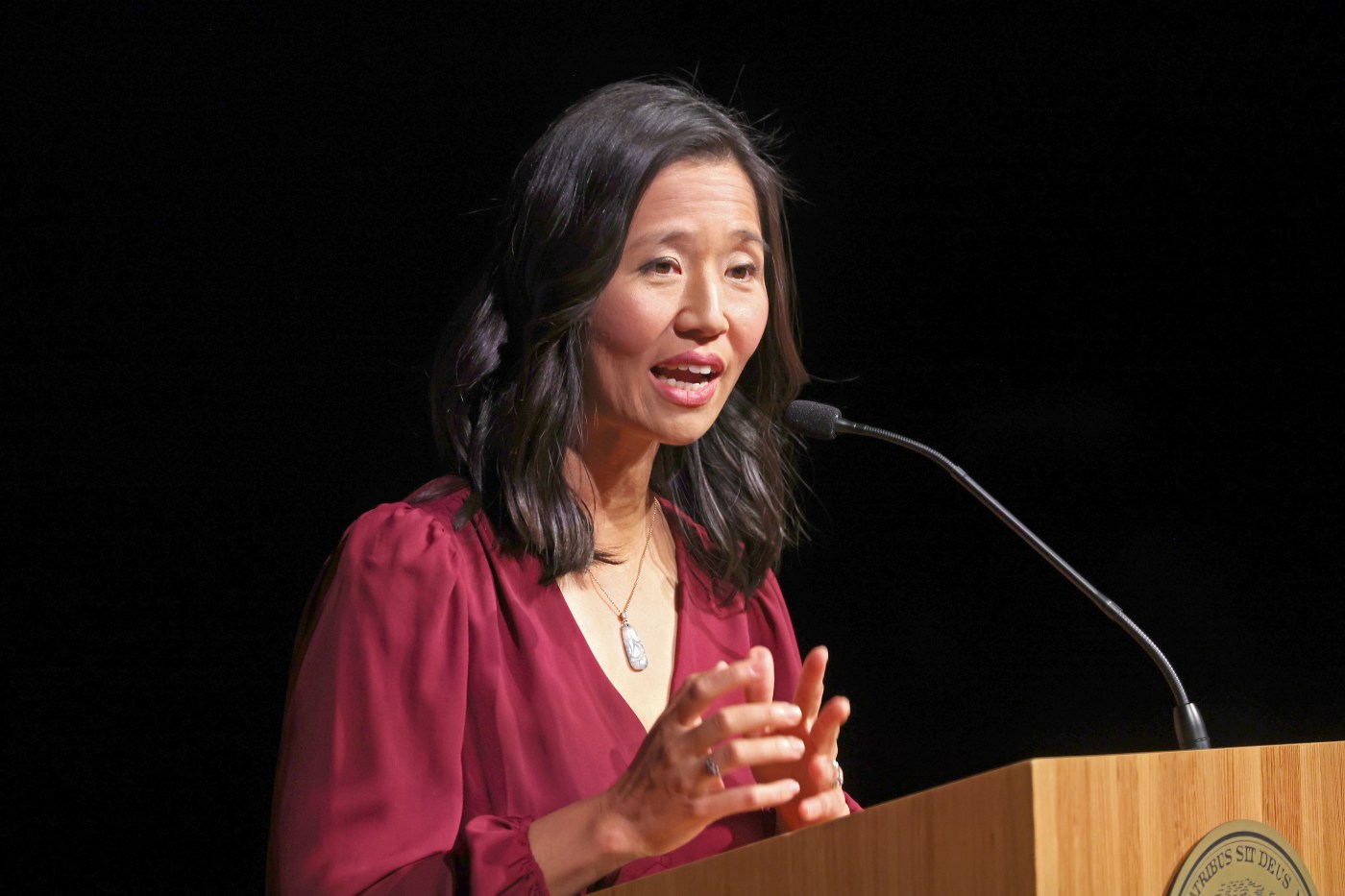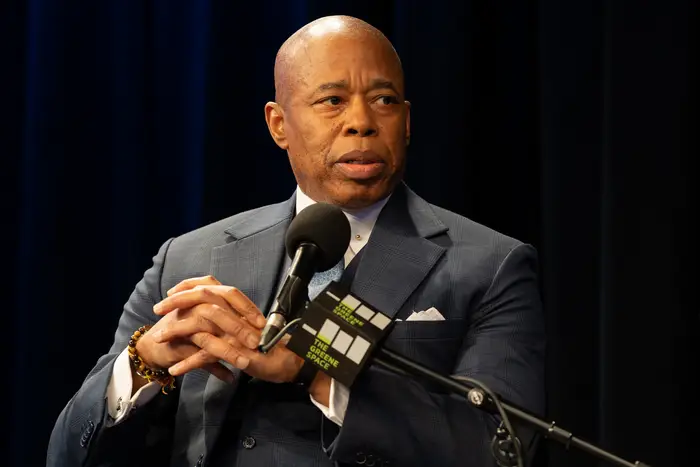The chancellor of Syracuse University, Kent Syverud, has asserted that recent pro-Hamas and anti-Israel protests on U.S. college campuses may have been encouraged or orchestrated by Iran. Speaking during a panel discussion in Washington, D.C., Syverud described the protests as largely disconnected from the actions of students at his university, suggesting external involvement in the demonstrations.
During the panel held on Tuesday, Syverud shared his observations regarding protest activities not only at Syracuse but also at other institutions nationwide. He stated, “When things happened that I really believe were encouraged from Iran, [the protests] did not have the involvement of very many, if any, of our own students.” This assertion highlights the growing concern among university leaders about the sources and motivations behind campus unrest.
The discussion included insights from Daniel Diermeier, chancellor of Vanderbilt University, who emphasized the presence of organized networks behind the protests. Diermeier explained that these groups are not merely informal gatherings but rather organized movements employing a specific “playbook” for demonstrations. He noted, “Students were looking at [and] were using the playbook that they had seen at Columbia and other places, and it was the same messaging. It’s more than social contagion.”
Syverud also raised concerns about the anonymity of protest participants, citing the use of face coverings to evade accountability. He remarked, “People were using masks to avoid accountability for what they were saying and doing,” indicating that some individuals might be “activists from elsewhere.”
Echoing these sentiments, Andrew D. Martin, chancellor of Washington University, recounted an incident where an attempted encampment on their campus was thwarted, resulting in arrests. He pointed out that “three quarters of those individuals had nothing to do with the university,” further illustrating the challenges schools face in managing such protests.
The panel discussion was organized by Alums for Campus Fairness, an organization focused on addressing antisemitism within academic environments. The protests under discussion have intensified following the October 7, 2023, Hamas attack on Israel, leading to significant unrest at various universities.
Prominent institutions like Columbia University have experienced similar demonstrations, which have often spilled outside campus boundaries after the university implemented new rules restricting protests. Notably, demonstrations at Columbia included disruptions during finals week, prompting police intervention.
In April, over 100 protesters were arrested in New York City after police dismantled an encampment that obstructed student movement. Similarly, in May, protests inside Columbia’s Butler Library resulted in multiple arrests and disciplinary actions, with more than 70 students facing expulsion or suspension.
Other campuses, including Harvard, New York University, and UCLA, have witnessed comparable protest activities, raising concerns among university officials about the safety and security of their student populations. Syracuse University did not respond to requests for comment on the recent allegations.
As discussions around campus protests continue, university leaders are emphasizing the need for accountability and transparency in addressing the complex issues surrounding free speech, activism, and external influences on student movements.







